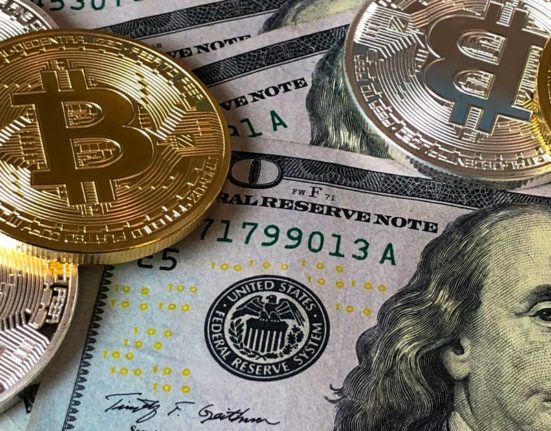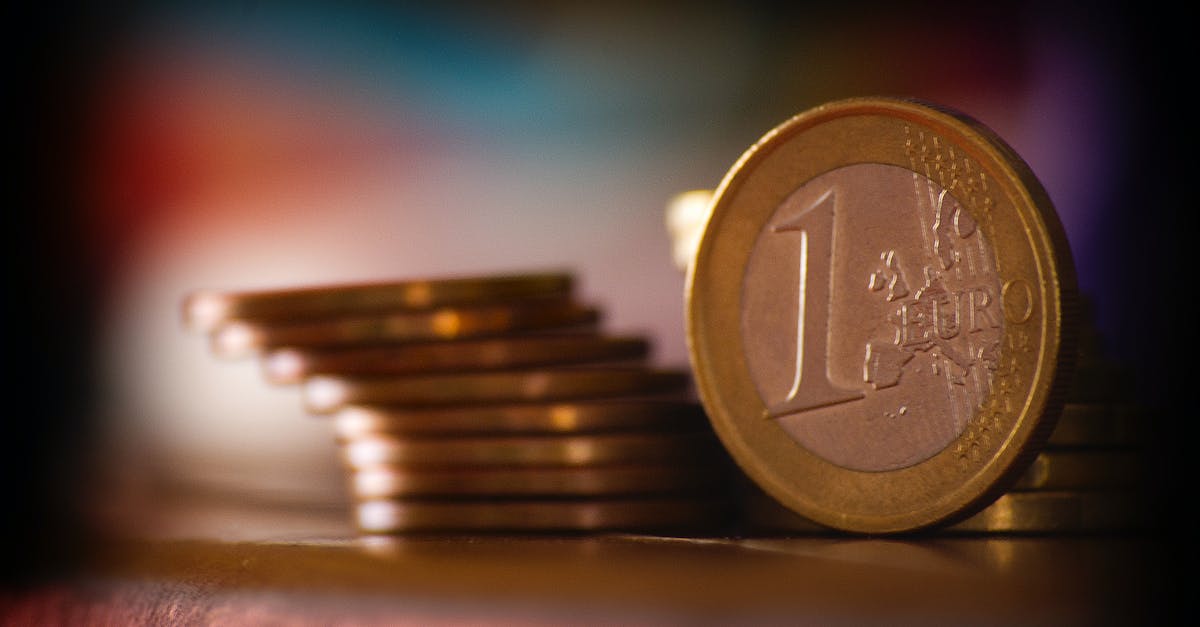Llano, a lecturer at the Autonomous University of Madrid (Universidad Autónoma de Madrid), has estimated that the Russian invasion of Ukraine in 2022 will cause the EU’s GDP to shrink by as much as 1.8 percent, driving unemployment by 3.7 million people and increasing inflation from 1.3 to 3 percentage points relative to pre-war levels.
“The shocking impact is clear just from looking at prices of raw materials – over the last months following the Russian invasion of Ukraine, coal prices went up by 97 percent, as did the prices of oil (+30 percent), electricity and gas (+45 percent), metals (+18 percent) and agricultural products (+32 percent). This is because the economies of both warring countries have close ties with the European economy,” Llano explained.
Ukraine is a major food producer, leading mainly in sunflower oil (40 percent of global supplies), maize (15 percent) and barley (14 percent). The country provided Poland and the whole EU with fertilizers that are indispensable for the normal production of food. What is more, Ukraine exported a range of equipment and metals to the EU – the country has significant heav- industry capabilities, as reflected by the powerful parameters of the heroically defended Azovstal plant in Mariupol.
Russia, in turn, has been Europe’s go-to for raw materials, mainly gas and oil, and the EU has still not reached a consensus on declaring an embargo on Russian imports.
The Madrid-based professor also noted that as a result of the ongoing conflict, some European regions, primarily central and eastern, would need EU support.
“The countries that have been affected the most by the war in Ukraine include those located closest to the conflict – from the Baltic states, to Central and Eastern European countries such as Poland and Hungary, and further east and south, Romania and Bulgaria. Their problems stem not only from foreign investors being apprehensive about investing in areas posing a high geopolitical risk, but also from the massive influx of millions of migrants, something these states were not prepared for,” said Llano.
However, according to Professor Llano, even in the worst-case scenario of a long-drawn war, the impact of the conflict on the European economy will be much smaller compared to the great shock caused by COVID-19. Yet, while the shock has affected the entire continent, Central and Eastern Europe might find it much harder to cope now with a war at their borders.
“The pandemic has caused a surge in unemployment, especially in the Mediterranean countries, while the ‘new Member States’ have managed to evade such a scenario. And it is these countries that are likely to suffer a great deal more from the war crisis compared to Spain, Italy and Greece,” warned Llano.
According to Llano, the COVID-19 pandemic has taught Europeans to adapt to and cope in an abruptly changing environment. The primary objective of the EU will now be to build “strategic resilience” – that is, energy sovereignty and access to advanced technology, such as microprocessors and the space industry. Some strategic industries, such as the manufacture of pharmaceuticals and fertilizers, will probably move back to Europe. And a number of them, including power generation and fertilizers, will play a major role in climate change policies.
“It is in the interest of EU economies to sever their ties with Russia. From an economic point of view, it is possible to make and follow through with this decision even now, provided that the Community is able to work out solutions dedicated to those regions and sectors that will need substantial aid, just as in the case of the pandemic,” Llano concluded.
The “Stronger together: recovering through crises” conference took place in early June in Lille, France. It was organised by ESPON – an applied research programme aimed at supporting the formulation of territorial development policies in Europe.
Source: PAP MediaRoom
Źródło dystrybucji: pap-mediaroom.pl






